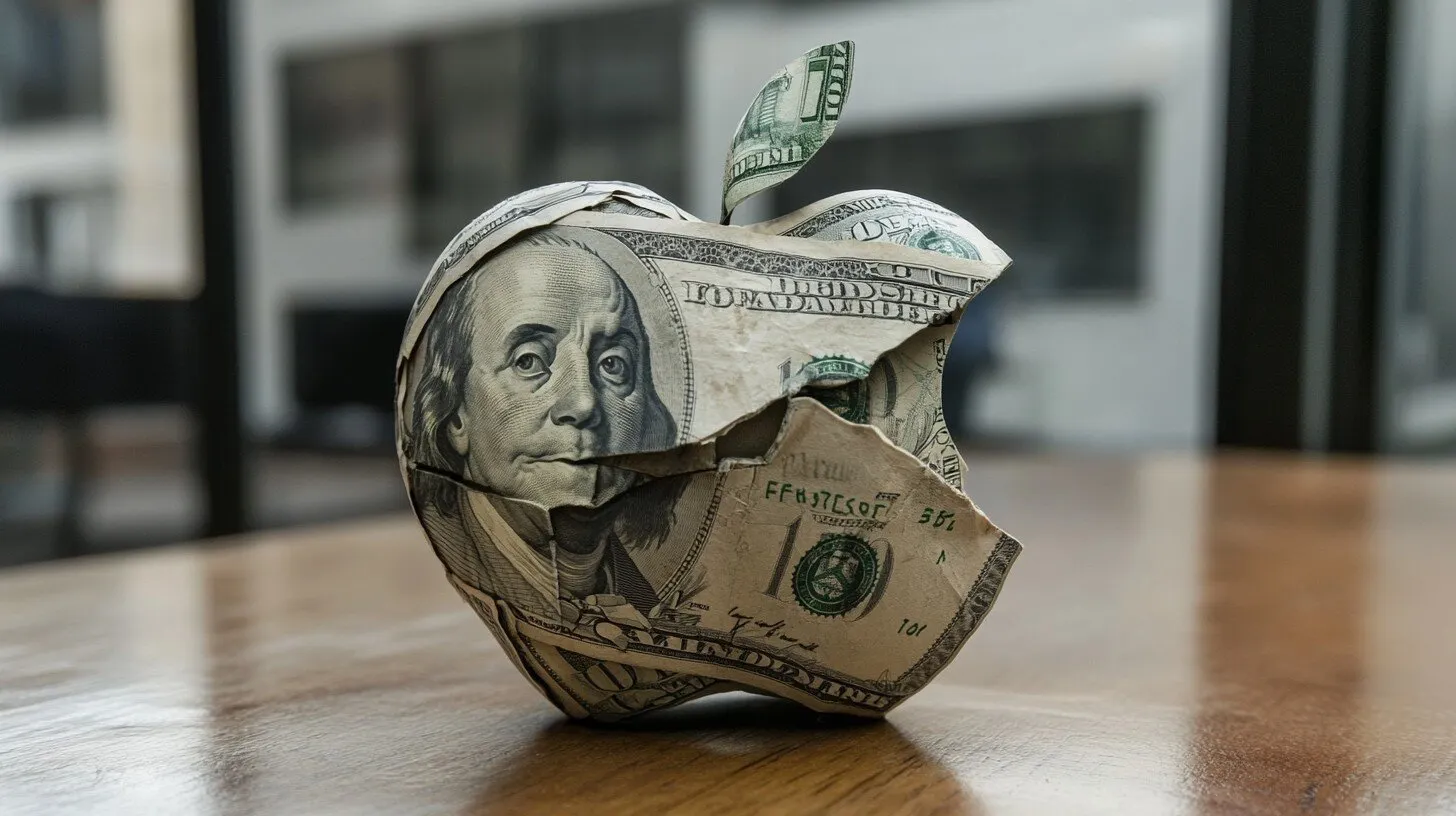In brief
- Apple’s head of foundation models, Ruoming Pang, has left to join Meta’s Superintelligence Labs, dealing a blow to Apple’s in-house AI efforts.
- Pang's exit follows that of his top deputy and comes amid internal concerns over Apple’s reliance on external partnerships like OpenAI.
- Meta continues to aggressively recruit top AI talent, fueling concerns about sustainability and widening the talent gap with competitors.
Apple’s head of foundation models, Ruoming Pang, has reportedly left the company to join Meta’s Superintelligence Labs, adding to a growing list of high-profile names allegedly poached to bolster Meta's AI ambitions.
While Meta formally announced the creation of its Superintelligence Labs in an internal memo last week, Pang’s name was not included on the list. His exit from Apple was first reported by Bloomberg on Monday, citing sources familiar with the matter.
The departure deals a significant blow to Apple's AI ambitions.
Pang managed a team of approximately 100 engineers developing the core language models that power Apple Intelligence features, including on-device summarization, Genmoji, and Priority Notifications. Pang's exit follows that of Tom Gunter, his top deputy, who left the previous month.
Pang's move comes less than a month after Meta acquired a 49% stake in Scale AI for $14.3 billion, bringing the latter's CEO onto its team to lead the Superintelligence Lab.
That move upped Scale AI's valuation to $29 billion and is regarded as Meta's second-largest single investment after its $19 billion acquisition of WhatsApp in 2014.
Meta has faced criticism for inflating market rates through unusually large signing offers to secure top researchers following reports that emerged as early as April last year on its rapid hiring spree of talent from firms like OpenAI and Google.
While the Facebook parent continues to consolidate top AI talent, Apple appears to be losing ground.
Pang’s departure comes just weeks after Apple announced its long‑awaited generative features during its developer conference this year, many of which relied on partnerships with OpenAI.
Internally, multiple Apple teams have reportedly voiced concerns about a lack of clear strategic direction and the company's growing dependence on integrations rather than in-house AI breakthroughs.
“Meta’s hiring strategy is a textbook reverse acqui-hire—surgically extracting its competitors’ core intellectual capital, their secret sauce, to cement its future in the AI race," Jeth Ang, chief operating officer at a16z-backed modular on-chain platform Sovrun, told Decrypt.
While Meta's approach may score headlines, it also raises deeper questions about long-term sustainability.
“The real question is whether this aggressive, over-indexing on superstar talent will ultimately cultivate the stable, innovative culture needed to win the marathon to AGI," Ang said, adding that this could spell "a high-risk pivot that will be difficult to sustain."
Losing Pang also feeds into a broader perception problem Apple has yet to shake, Ang argues.
In terms of generative AI at Apple, there's a "widespread perception" that Apple appears to be "playing from behind," Ang explained. "Even Siri is seemingly looking like a big fumble," he said.
Apple's AI development has seemingly "created a vacuum that the market has filled with skepticism," Ang argued.
"While the departure of a single executive doesn't cripple a program of Apple's scale, it certainly doesn't build confidence. For a company that has historically defined technology waves, losing top-tier AI talent to a direct competitor reinforces a narrative that they are struggling to change," Ang said.

